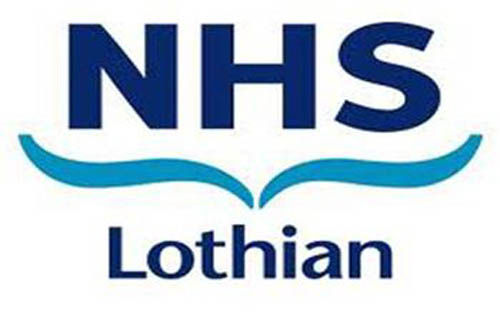
NHS Lothian hopes to clear a waiting list of 7,200 patients by October, but has admitted they need private hospitals to stop the list growing again.
And the board admits that even after three years they will need extra NHS staff and facilities to cope long-term.
Some of the worst affected areas are general surgery, urology and head and neck operations.
Privatisation
NHS Lothian has already agreed to spend more than £10 million treating patients in private hospitals, but critics have warned the move is “privatisation by the back door.”
In May, a damning report into the health board was released, which outlined a culture of bullying.
The report was commissioned after the health board was found to have massaged waiting list figures last year.
Reliance
Dr Richard Williams, chairman of NHS Lothian’s local medical committee, said he was uncomfortable with continued reliance on the private sector.
He said: “I appreciate there’s a short-term crisis that needs to be addressed and we might need to use the private sector to bail us out, but it sounds like this is a plan for long-term reliance on the private sector.
“The preferred option must be NHS Lothian staff. I want an assurance that we will revert back to normal practice once we get over this blip.”
He said the ongoing use of private providers could amount to “privatisation of the NHS by the back door”.
Capacity
Tom Waterson, Lothian branch chairman for Unison, said: “NHS Lothian have known about their lack of capacity for a number of years.
“They should have been planning for this and increasing capacity.
“If we have money for the private sector, we should have money available for our won staff.
“We have theatres empty a lot of the time. We need to look at 24-hour full working within the NHS to give patients the treatment they deserve and the use of other NHS hospitals.”
As well as sending patients to private hospitals, £3 million will be spent sending patients to the Golden Jubilee hospital in Clydebank, West Dunbartonshire.
Interim chief executive Tim Davidson said: “If we turn off some of this too soon we will simply create another backlog.
“The scale, I hope, is a one-off but we will continue to require private sector capacity.
“I am no apologist for the use of the private sector but because of the massive backlog we need to clear and because our recurrent capacity is not sufficient, we will require some scale of private sector involvement for two or three years.
“There is a possibility it will be even longer.
“No health board has attempted to come out of this position before. We need a unique response.”